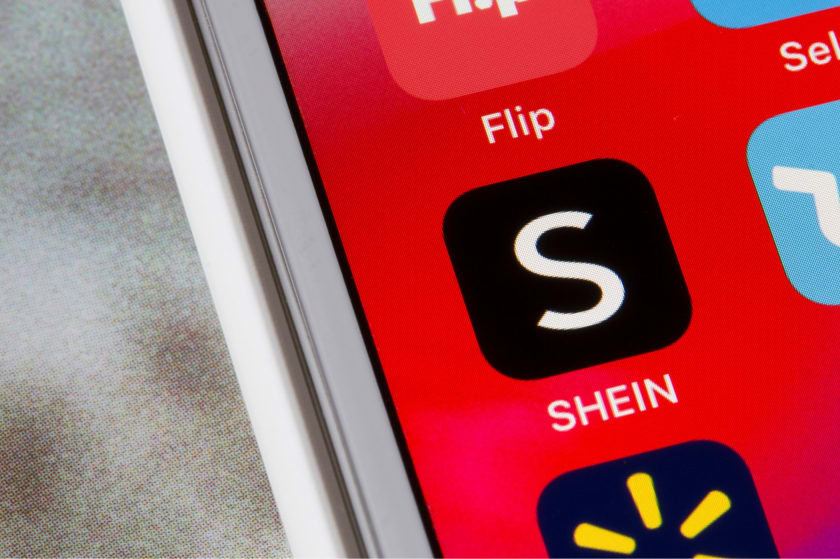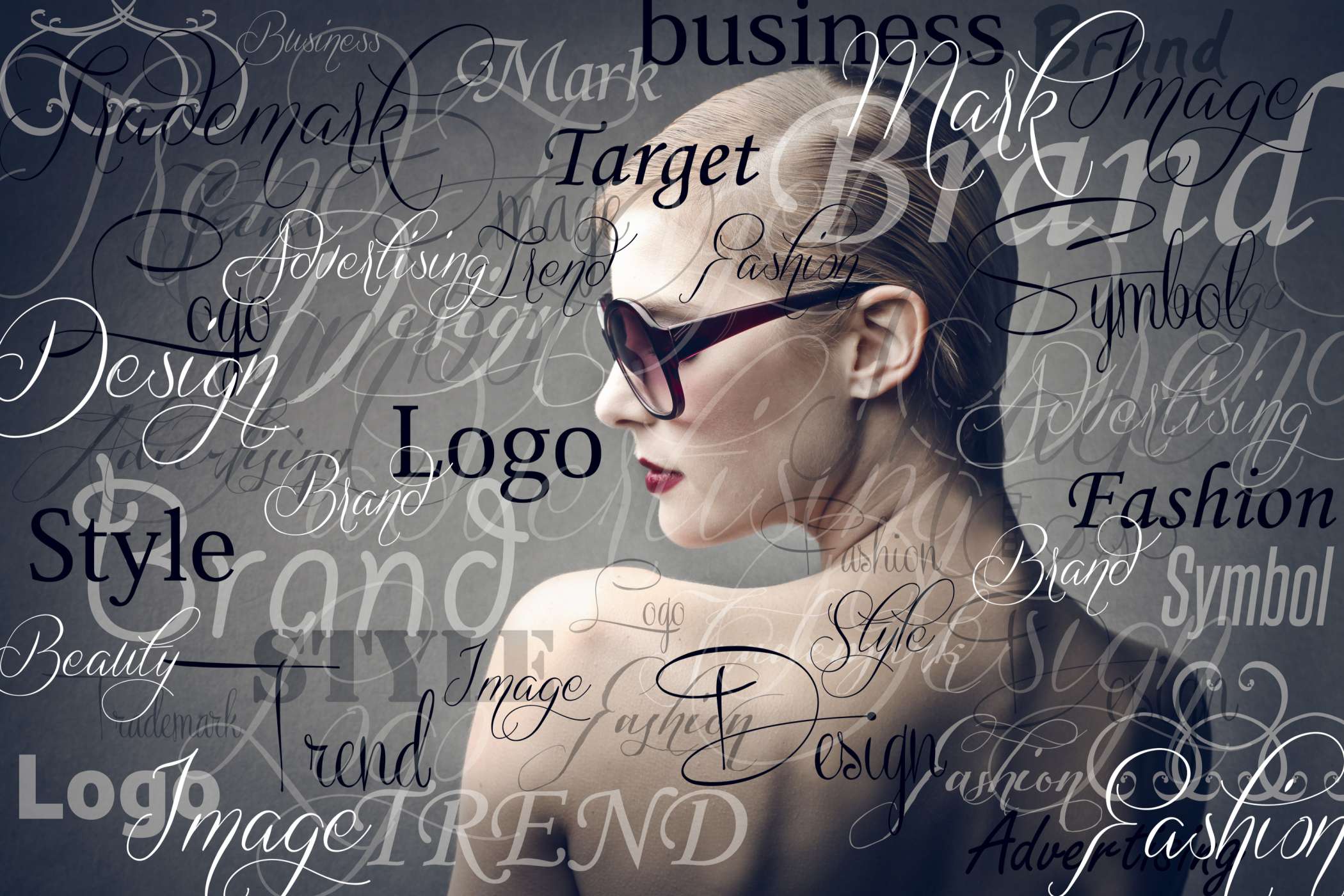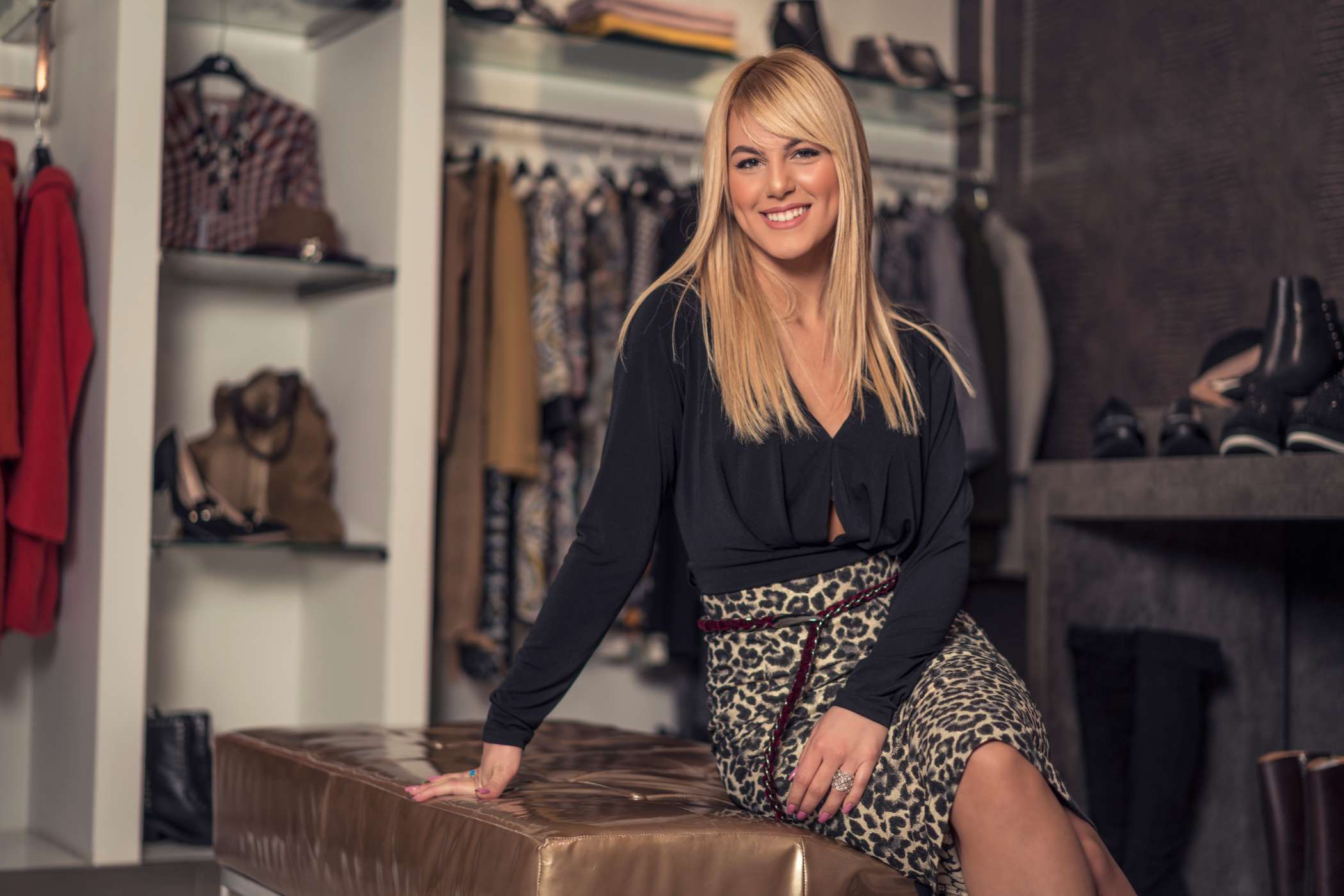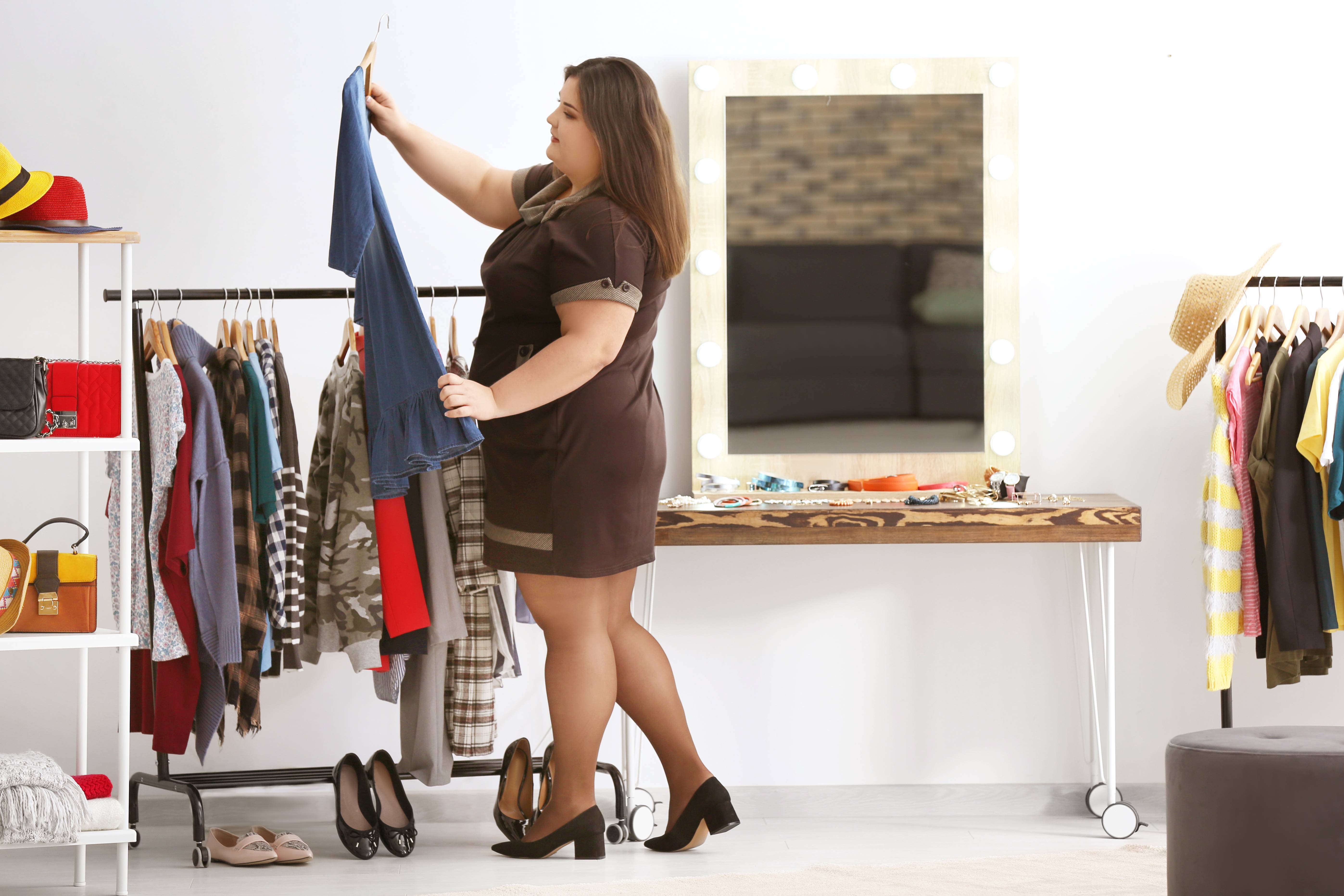Fashion Forecasting and How Brands Predict New Styles and Why It Is Imperative for Your Brand



Fashion forecasting has become an extremely lucrative career path for many in the fashion industry in the last two decades. If your fashion brand needs to remain in business in the current times and beat the competition, you need to be an expert in fashion forecasting.
If you have been struggling with increasing your revenue in the current season through your e-commerce portal or retail outlets, this article will help you to solve your problems. The actionable tips and tricks used by successful brands are discussed in this article which will be extremely useful for your brand.
Fashion Forecasting: Why Is It Important for Your Brand?
Gone are the days when fashion designers used to take inspiration from Milan, Paris, London, and New York Fashion weeks and used to predict the trends for the upcoming seasons based on the showcased attires. Those were meant only for the celebrities, and the common man or woman was not considered important enough for the big brands like Gucci, Prada, Dolce & Gabbana, Zara, etc.
Now with the internet and the availability of fashion to every netizen, the fashion forecasters have a bigger responsibility to predict the colors, fabrics, styles, prints, graphics, accessories, bags, footwear, belts, etc., which will be in demand in the upcoming months. Predicting the street style which will be endorsed by the teenagers and the youth is a major challenge today for the big fashion houses as they add significantly to the top line of the company.
Teenagers and young professionals spend almost all their earnings and pocket money on clothes and accessories and keep on changing their wardrobes frequently. Since they are easily influenced by the styles prevalent in other countries, regions and are open to the idea of experimenting, understanding their requirements collectively is the biggest challenge for the fashion forecasters.
How Brands Forecast Fashion Trends
There are two types of forecasting: long-term and short-term. An experienced fashion forecaster studies the variations in consumer interests, by being on the streets and shops of popular brands. They roll out surveys through various channels (online and offline) to gather the interests and observe the trends which are picking up on social media, movies, etc. The trends are specific to demographics. What is 'hot' in the US might be 'not' in Spain.
The regular process of fashion forecasting goes through five stages of researching, sorting, analyzing, predicting, and communicating. There is a fashion cycle that every new trend follows when its demand increases, reaches a peak, and then declines and phases out.
Here are the ways in which forecasting is done:
-Leveraging In-house Trend Forecasters
Fashion giants like Nike, Adidas, Benetton, Levi’s, etc., who are known as trendsetters, have in-house teams who work closely with the designers, advertisement teams, and brand representatives who come up with designs that will take the next season by storm.
-Hiring a Fashion Forecasting Agency
Smaller brands that do not have a global reach take the help of trend forecasting agencies to come up with their fashion lines for the season. They depend on the data from these agencies that work closely with the large brands and retail manufacturers like Walmart, Macy's, Marks and Spencer’s, etc. These smaller brands are the trendsetters for street fashion.
-Increasing Social Media Engagement
If any brand wants to succeed in the current times, they have to engage with the youth through social media. Facebook and Instagram are the two largest platforms globally that influence consumer buying patterns.
To increase your brand image and brand recall, engage with the consumers through social media platforms. If you have a robust social media team that has the capability to analyze consumer sentiments and send a predictive model to your sales, marketing, and production teams, then half the battle is won.
-Insights from the Popular Fashion Shows and Media
A good fashion forecaster often uses the ''top-down'' forecasting method by analyzing the popular fashion runway shows. Fashion magazines like Vogue, Femina, Elle, Cosmopolitan, GQ, etc., always are like bibles to fashion forecasters. Most of these magazines have circulation in multiple countries, and they come up with editions based on the demographics, weather, readers' sentiments of that country and region.
The forecasters also analyze the local trade shows and observe the consumer sentiments. They bring out fashion from the runways to the retail stores and streetwear.
-Analyzing Fashion Influencers on Social Media Platforms
With the surge in the number of netizens increasing by the day, trend forecasters have started following fashion influencers closely. Many influencers have a huge fan base that follows their words to the tee.
Their blogs, YouTube channels, first-hand reviews of a new style/brand garner a lot of engagement from the fashion connoisseurs.
This ''bottom-up'' approach has become extremely useful in the fashion industry, as the brands are aware of the power of the influencers.
-Influence of Movies, Web Series, TV shows, and Celebrities
Most people have an innate desire to look like celebrities, be it Bollywood or regional movie industries. Movie stars like Alia Bhatt, Kareena Kapoor, Sonam Kapoor, Varun Dhawan, Salman Khan, etc., have a huge influence on the younger generation, and they want to buy clothes and accessories worn by them in a particular movie.
In Hollywood, Brad Pitt, Angelina Jolie, Keanu Reeves, Leonardo DiCaprio, Charlize Theron, Cameron Diaz, Selena Gomez, Tom Cruise, and Emily Blunt, and singers like Beyoncé, Rihanna, Kanye West, Taylor Swift, BTS, etc., influence the world fashion to a great extent.
Fashion forecasters watch their styles closely and use them in their forecasting and pass it on to the designing teams to come up with apparel and accessories in those styles.
Conclusion
Fashinza is your partner in helping you to materialize your dreams. We will help you to source the right material for your forthcoming fashion collections. We can help you to liaise with the right garment manufacturers who will create good quality finished products in the stipulated time. Happy forecasting and designing!!!



















